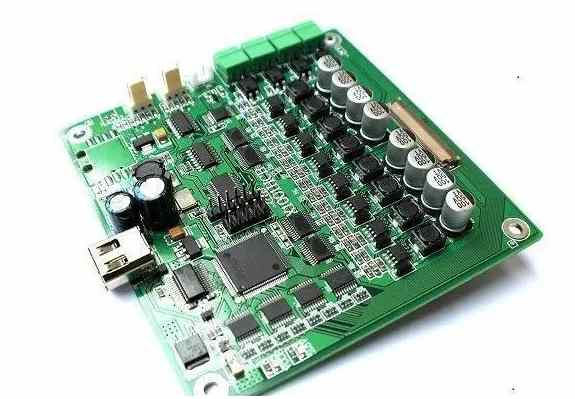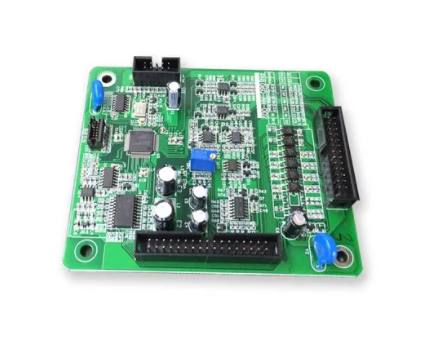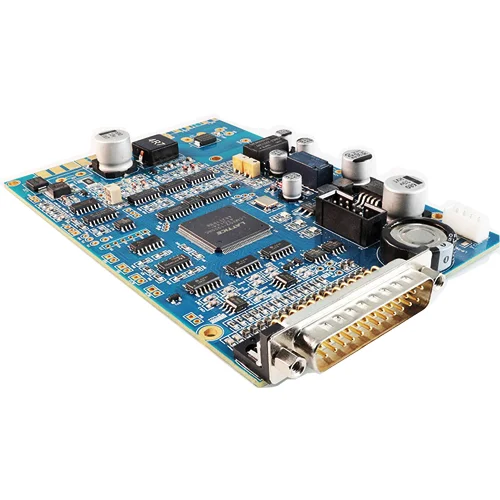Differences between PCB via cover oil and via window opening
This problem is often encountered. The file design is not standard, and it is unclear which is the pad of the printed circuit board and which is the use of via. Sometimes the conductive hole is treated with the pad attribute, and sometimes the keyhole is treated with the via attribute. The VIA attribute and PAD attribute design are confused, leading to incorrect processing. This is also one of the problems that often arise with complaints. For circuit board production plants, when processing CAM data, some film processing engineers will make mistakes due to the nonstandard customer design documents; Occasionally, some engineers help customers modify documents, correct non-standard designs, and process engineering data based on their own experience, which leads to and encourages customers' non-standard designs.
It is hereby noted that the document is correct if it was done correctly last time! All engineers must pay attention to the design standards and specifications. Keep the status quo of customer documents as much as possible, and handle according to design specifications and standards as much as possible, rather than experience. Show the problems, so that you can give design engineers a reference, improve design quality and reduce problems!

This article mainly explains the connection between conductive hole, keyhole, protel/ads/and geber files. The conductive hole, via keyhole and pad are particularly prone to the following problems:
1. via In the conversion process, problems occur due to non-standard design or unclear rules for gerber setting by the design engineer.
When you send a gerber file, the manufacturer can't tell which is the through hole and which is the keyhole. The only thing that can be identified is to process according to the file. Where there is a welding flux layer, there is a window. Point of dispute: I asked for a manhole with oil cover, but now the window is open, which may cause a short circuit. When this problem occurs, you are required to check the file, because the gerber is a film file. The factory has no way to check whether it is a conductive hole or a keyhole. Check whether the gerber file has a solder mask. If not, open the window. If not, cover the oil.
2. Mixed use of pad and via leads to problems.
When the file is pads or protel, it is sent to the circuit board factory. It requires that the hole be covered with oil. Be careful to check whether the card hole (pad) is also used for via. Otherwise, the card hole will also be covered with green oil, which will lead to failure of welding. Argument point: The plug-in hole must be sprayed with tin. Why is it covered with oil? In the same case, check the file first, whether it is designed by pad or via.
When the file is pads or protel, it is sent to the factory, and the order is required to cover the oil through the hole. However, many customers use pads (plug-in holes) to represent the conductive hole, which causes the conductive hole to open a window. Maybe you want the oil for the hole cover. At that time, the point of dispute may be: I want the oil for the conductive hole cover. Why did I open the window? At this time, check whether the file design is standard.
For this point, it is hereby explained that if it is a via, it will be treated as a via, and if it is a pad, it will be treated as a pad. Because no one will know which is the conductive hole and which is the plug-in hole, and via and pad are the only marks, please know.
The above is the explanation given by the editor of pcb circuit board company. If you want to know more about PCBA, you can go to our company's home page to learn about it. In addition, our company also sells various circuit boards,
High frequency circuit board and SMT chip are waiting for your presence again.









